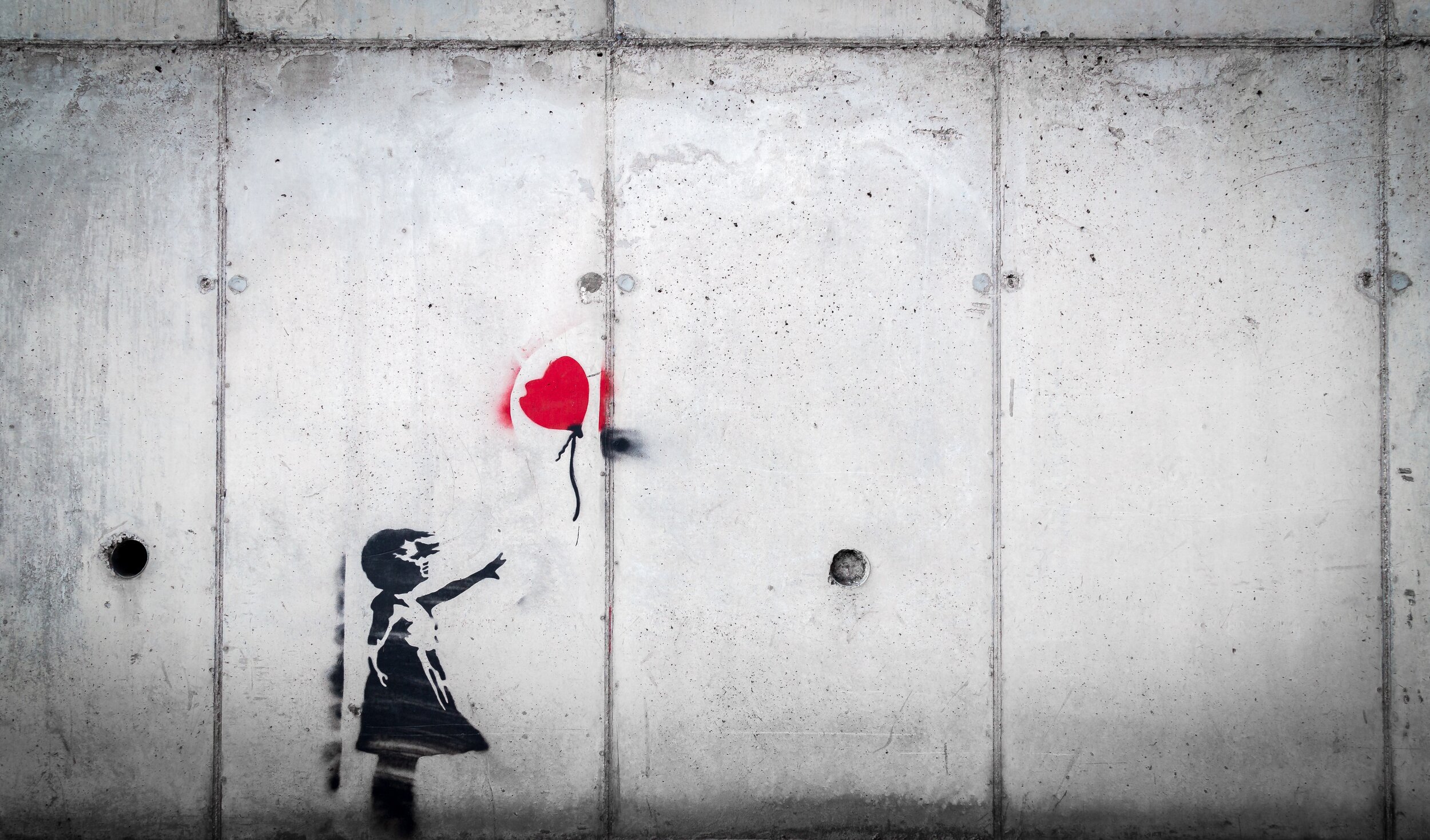A Child’s Grief
Grief is an often unwanted visitor for those who experience loss. Nobody expects a child to die, even when they are ill. It does not seem “natural.” As a result, many people will be touched by mourning and anguish in the wake of their death. However, grief is a healthy part of the loss. As Jamie Anderson puts it, “Grief, I've learned, is really just love. It’s all the love you want to give, but cannot. All of that unspent love gathers in the corners of your eyes, the lump in your throat, and in the hollow part of your chest. Grief is just love with no place to go.” Learning how to express grief in productive ways is critical to the healing process. Grief is not something to be pushed down or ignored, but it is also not something meant to control your life.
With this in mind, we want to turn to one particularly affected population—siblings of late children. Children experience grief differently than adults. They are often at a disadvantage due to a limited understand and ability to express their feelings. Bereaved children may need more guidance as they attempt to navigate grief, and we have included five ways to do just that.
Honesty is Key
Open and honest communication should always come first. A child should hear about a deceased sibling from the person or people closest to them, such as a parent or guardian. Tell the child up front and make sure to explain the cause of death. By understanding the cause of death, the surviving sibling is less likely to fear for their own safety or feel any sense of blame.
Death is irreversible and this is important for children to know. There are many ways the presence of a deceased child remains with a family, but siblings need to understand that this presence will never be quite the same as it once was. Explain the physical loss, but also give ways they can honor and remember their sibling. Make sure siblings know what to expect as they go forward.
2. Use Simple Language
We live in a world full of hardships and one way to cope is through euphemism. It often seems easier to say you lost your child than to say your child died. When talking to grieving siblings, avoid using such euphemisms. Euphemisms do not have innate meaning, but meaning placed on them from repetitive use in culture. Their denotation is different than the euphemistic use, creating confusion as to what is happening now and what it means when the word is later used in a different context. Telling a surviving child that they have lost their sibling may hold the same meaning to them as a lost toy—it will likely be found under the couch later in the day. Ensure the sibling knows what the words death, dead, and died mean, and try to use them exclusively when referring to the deceased child.
3. Be Available
Understanding death is difficult for anyone, but it is often even more so for a child. There will be moments where the surviving sibling seems perfectly fine and is able to talk about the deceased as if they feel no pain at all. In the next moment, they may break down in agony over this loss. Grief is not a straight line, but a winding spiral of good days and bad days. Though a spiral always works towards a certain point, it takes many twists and turns along the way. A surviving sibling may not have any desire to talk about their lost loved one today but tomorrow they will not be able to talk about anything else. Be available to talk about death when the need strikes.
Be prepared for repeated questions. As a child tries to process an event, they will likely ask a lot of questions, and a lot of the same question. With patience, answer each question and know that the child is just trying to put the pieces together in their mind. Answering the same question over and over again is frustrating, but the more times a child hears something the more likely they are to process the information. Remember that just because something makes total sense to you, it can still make no sense to someone else. Thus they need time to internalize and understand what you are saying.
4. Provide Outlets for Pain
Everyone copes with pain and grief in a different way. Some need to express their anger, others need to sit in sorrow. Still, there are more who search to understand death better or find a way to remember the deceased. Observe the surviving sibling’s needs and provide healthy outlets for them to express grief in a way that meets their needs. Direct anger to one particular pillow, or teach them to write things out or draw pictures when they have too many thoughts inside their head. Designate a time where it is okay for everyone to scream and let all that is inside of them out.
Emphasize that no emotion is bad— what is important is the way you express that emotion. By providing outlets for pain and grief, the surviving sibling is less likely to subconsciously transfer their feelings onto someone or something else in order to cope with them.
5. Selfcare is Important
It may sound cliché, but there is truth to the saying that you can’t help someone else until you’ve helped yourself. If you’ve ever been on an airplane, you’ve heard the safety spiel. If cabin air pressure drops, secure your own mask before assisting those around you. If you pass out from a lack of oxygen your ability to help at all suddenly dissipates.
When walking through grief with a child, remember to give yourself space to grieve as well.
Grief is a complex subject, and each person experiences a unique journey. Because of this, something that is useful for one individual may not be for another. This is far from an exhaustive list of tips. Below we have included additional resources for helping siblings cope with grief.
Guidance for Talking with Kids Who Have Lost a Sibling






